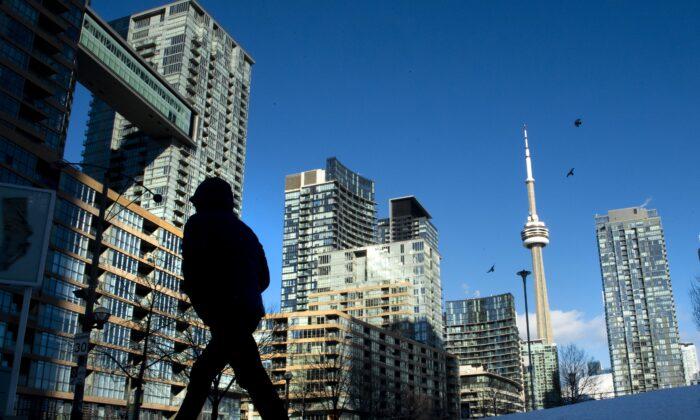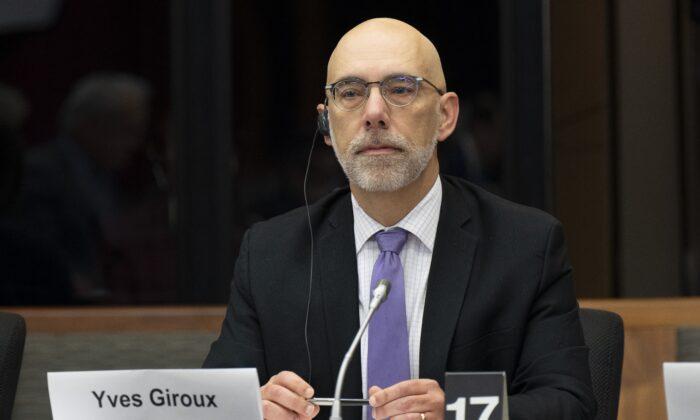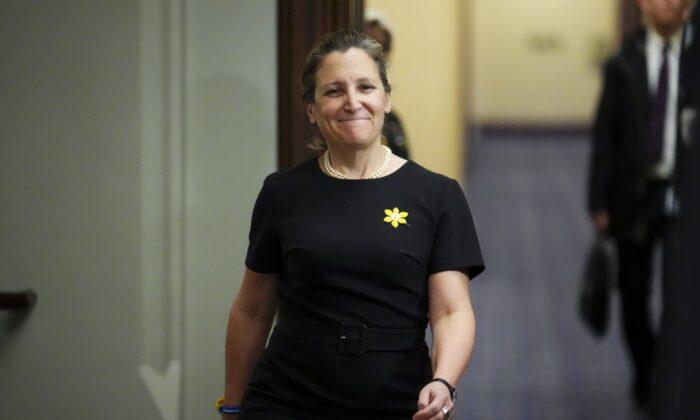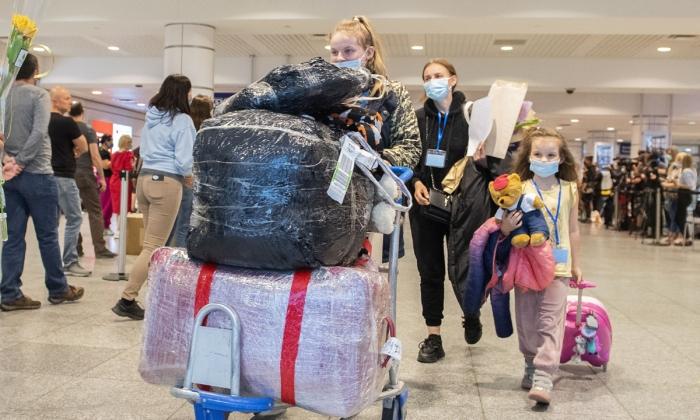Prime Minister Justin Trudeau says “some” guns used for hunting will be confiscated by his government’s proposed firearms restriction legislation, although he said in the House of Commons last week that the government “is not interested” in illegalizing hunting guns.
“We’re going to also make sure that you’re able to buy other guns from a long list of guns that are accepted that are fine for hunting, whether it’s rifles or shotguns. We’re not going at the right to hunt in this country. We are going at some of the guns used to do it that are too dangerous in other contexts.”
The bill was under review by the Commons public safety committee before Parliament adjourned last week.
During question period on Dec. 13, the prime minister responded to criticism about Bill C-21 by Conservative leader Pierre Poilievre, who said the government should introduce laws targeting guns used by criminals rather than law-abiding hunters.
“Now that he has been caught with his real agenda, which is to go after hunters and farmers rather than gun smugglers and gangsters, will he reverse himself and promise never again to go after our hunters in our country?” Poilievre asked.
Feedback
Trudeau said on Dec. 5 that his government is listening to feedback about the proposed gun bans from Canadian firearms owners. He told reporters in Ingersoll, Ont., that the government has been receiving “a lot of feedback around concerns” Bill C-21 will ban rifles and shotguns commonly used for hunting.“That’s what we’re listening to feedback on now, to make sure that we’re not capturing weapons that are primarily hunting weapons,” he said.
“If you want to shoot ducks, moose, deer, partridge, ptarmigan, there are plenty of legal firearms available,” said Minister of Rural Economic Development Gudie Hutchings.
Public Safety Minister Marco Mendicino said the current list of proposed gun bans “takes a look at a number of objective characteristics and tries to capture those guns which have no place in our communities.”
Mendicino added that the government also wants to be “in full respect of those who hunt, and indigenous communities.”





